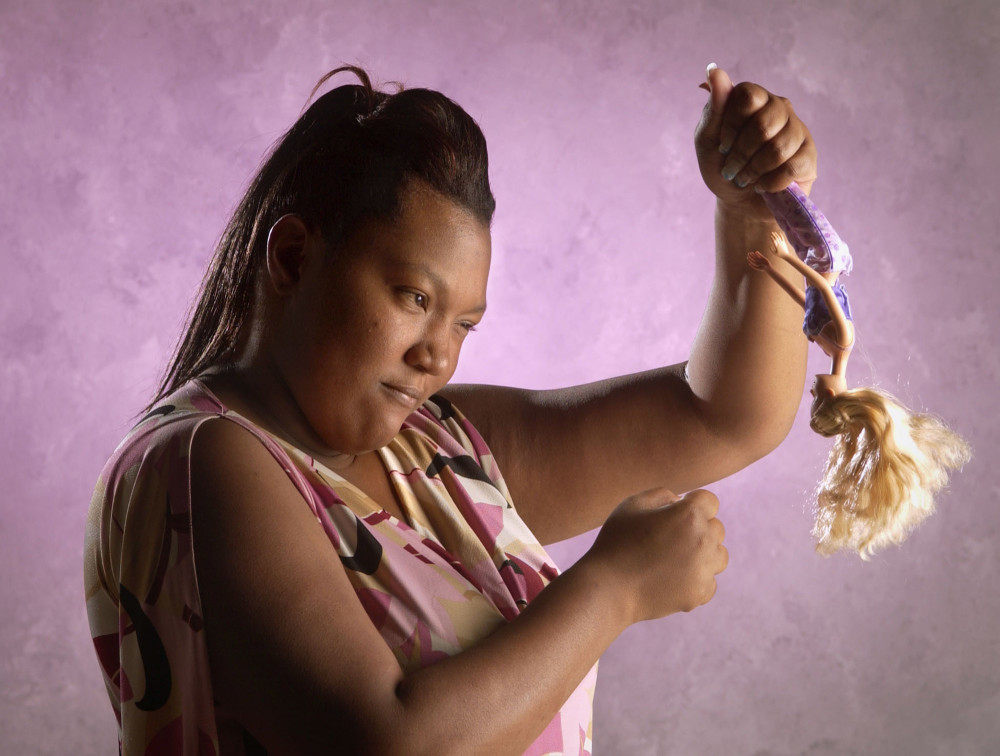By Rita Price
The Columbus Dispatch, Ohio.
When boys and girls stick to rigid ideals about masculinity and femininity — unwittingly absorbing a code of expected attributes and behaviors — they’re less likely to thrive.
The girls are more vulnerable to unplanned pregnancies, abuse and dropping out of school or college early. The boys have higher rates of aggression, school disciplinary problems and bullying.
Riki Wilchins, executive director of the research and advocacy center TrueChild, says decades of research on gender norms clearly reveal those connections.
And yet, she told an audience yesterday at the Columbus Metropolitan Club, social policies and philanthropic efforts in the United States largely fail to consider the ways those norms and ideals affect the problems they’re trying to address.
“I don’t think anyone finds this that controversial,” Wilchins said. “But we’re not doing it.”
The Cincinnati native, named one of Time magazine’s “100 Civic Innovators for the 21st Century,” also met with nonprofit, city and school leaders to talk about the need to recognize the effect of gender-based social and behavioral norms.
“We all kind of know this because we all got through junior high school,” Wilchins said. “It’s a pressure cooker.”
Nichole Dunn, president and CEO of the Women’s Fund of Central Ohio, said agencies are talking with Wilchins about developing a project to help guide efforts in the Columbus area.
The work to tackle teen pregnancy, infant mortality, poverty and educational underachievement all could be affected — and possibly strengthened — by learning how boys and girls align themselves with perceived expectations, she said.
In Watsonville, Calif., for example, TrueChild is working with the local YWCA to develop a model curriculum aimed at high-risk Latinas age 12 to 15 that focuses on challenging “narrow codes of machista femininity.
buy cialis oral jelly online pridedentaloffice.com/wp-content/themes/twentytwentyone/inc/en/cialis-oral-jelly.html no prescription
”
Such codes discourage the girls from talking about sex or negotiating condom use, TrueChild says, while simultaneously encouraging them to be submissive, reverential toward motherhood and deferential to male sexuality.
Another TrueChild research project is aimed at lowering HIV/AIDS rates in distressed Washington, D.C., neighborhoods among black men who have sex with men.
The project focuses on the “ideals of masculinity” that push them to stay on the “down low,” keeping female partners in the dark and embracing risky behavior.
And many young black girls, Wilchins said, grow up with the stress-inducing expectation that they should be the primary caregivers in their families.
“Sex may be a biological given, but gender norms are cultural,” she said, affecting everything from the clothes we wear to the way we sit. “When you talk to kids about gender norms, you get better results than if you don’t.”
Young people need help learning that buying into strict gender norms also can take away some of their own power and decision-making, Wilchins said. Not much good comes from the lessons and images they gather from movies, TV and social media.
Wilchins drew laughs when she said she also has to negotiate the messages in her home. She and her daughter “have these conversations all the time,” she said. “Why is the female singer undressed? Can’t she make it on her voice?”














































































































































































































































































































































































